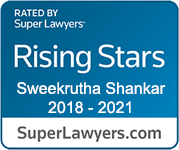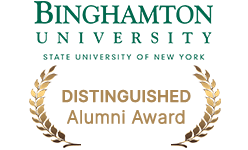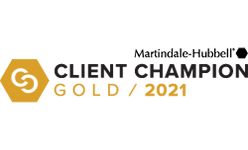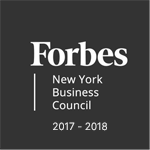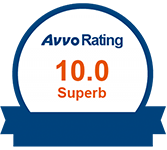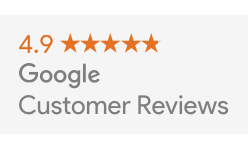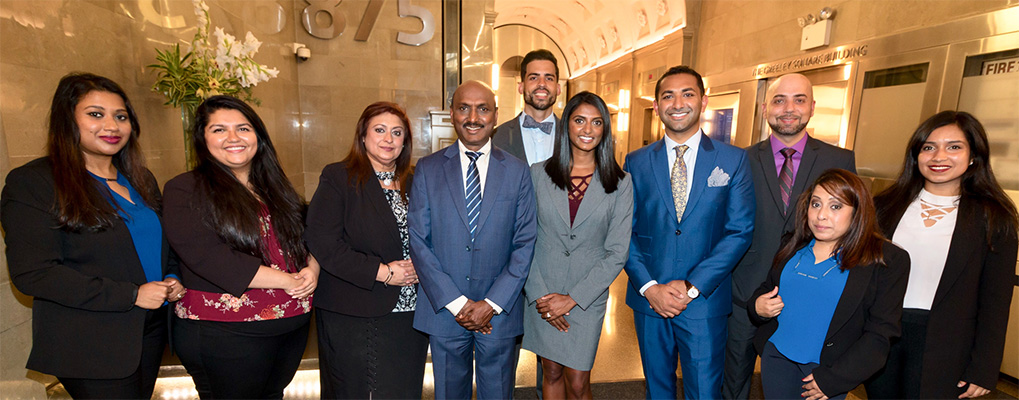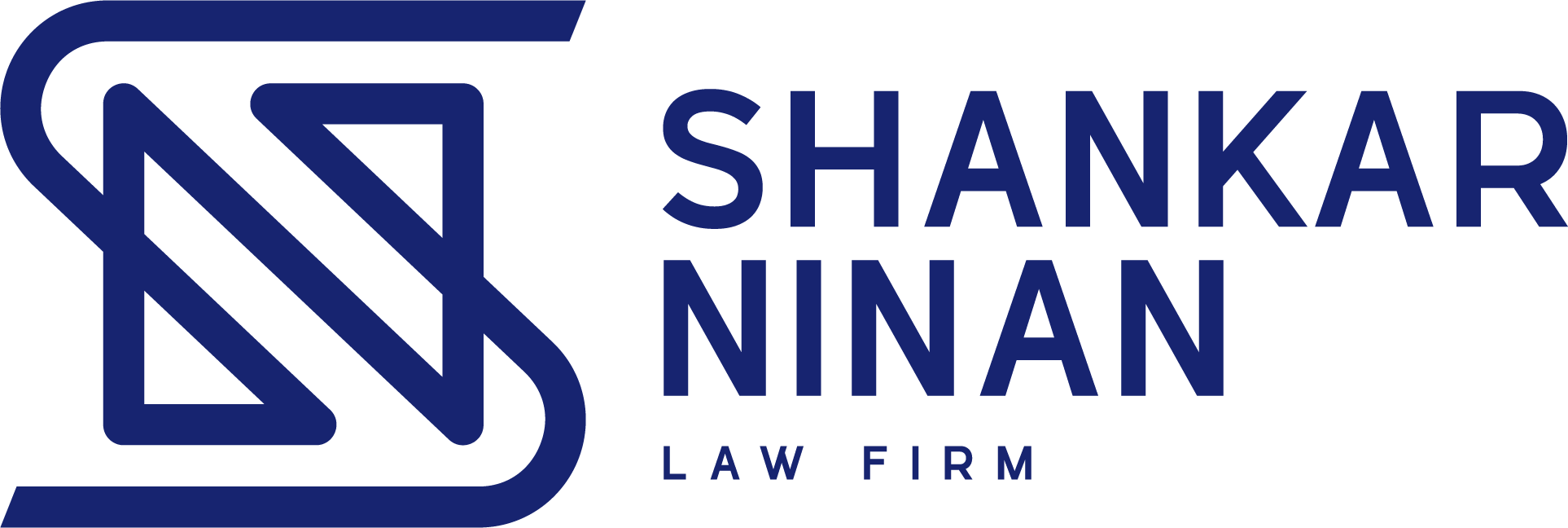U.S. Immigration Counsel

Employment-Based Immigration And Work Visas
Shankar Ninan brings a wealth of experience to businesses and individuals trying to navigate the complex immigration system. Join the hundreds of companies and professionals who trust Shankar Ninan with their immigration needs. Click on the sections below to learn more about specific immigration topics.
Priority date retention allows a beneficiary with an approved I-140 to keep a priority date from a previously approved I-140 and use it for future green card filings.
In complementing the employment-based (permanent) immigration process, employers face a number of nonimmigrant (temporary) visas that companies and workers look to, including H-1B, L-1, O-1, TN, B-1, and E-2 visas.
The H-1B Visa (or H-1B Status, for those in the U.S.) permits U.S. employers to temporarily employ certain qualifying workers in specialty occupations.
Family-Based Immigration & Waivers
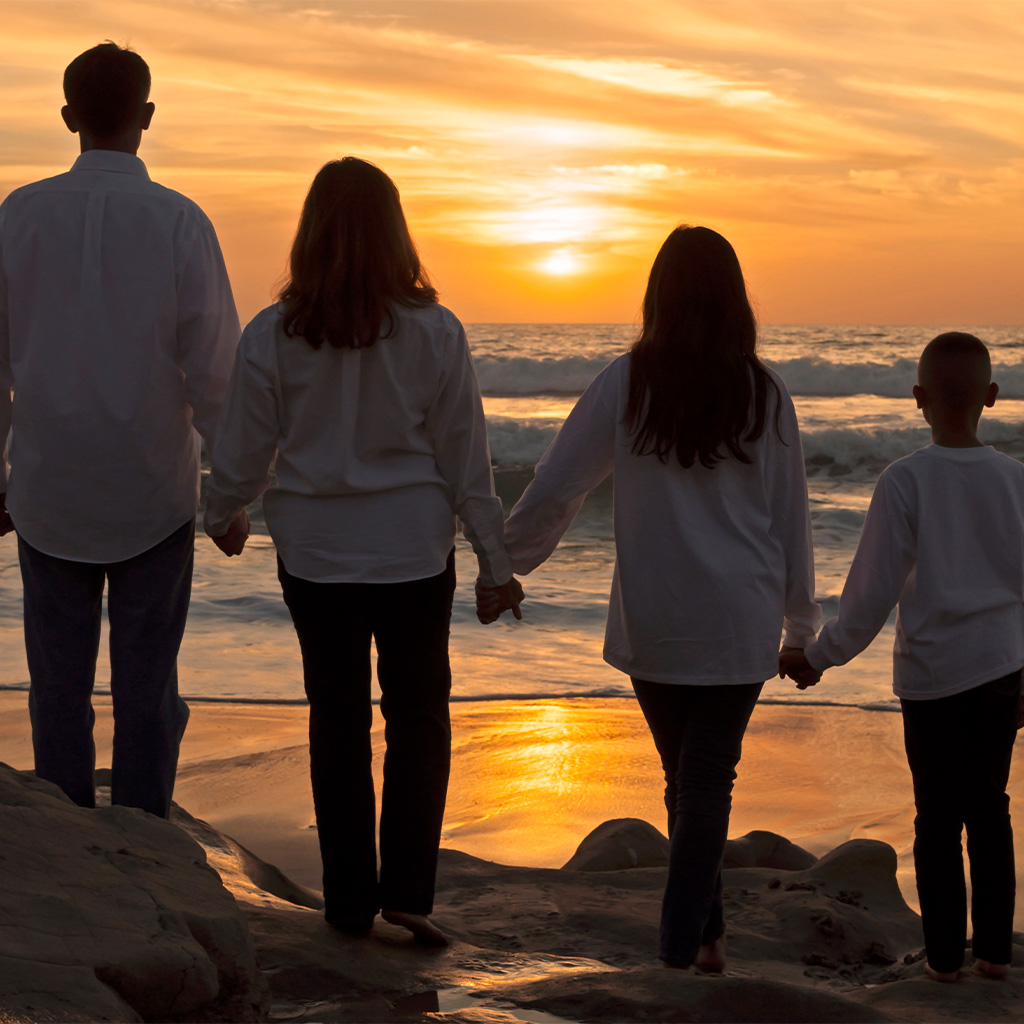

Investors & Entrepreneurs
Generally, U.S. Immigration Law Provides for two mechanisms by which individuals can come to the U.S. based on a capital investment: a 2-year, renewable E-2 Visa and the permanent resident (“Green Card”) EB-5 Investor Immigrant Visa.
Our Awards
